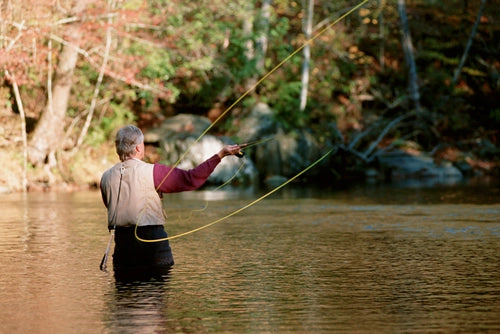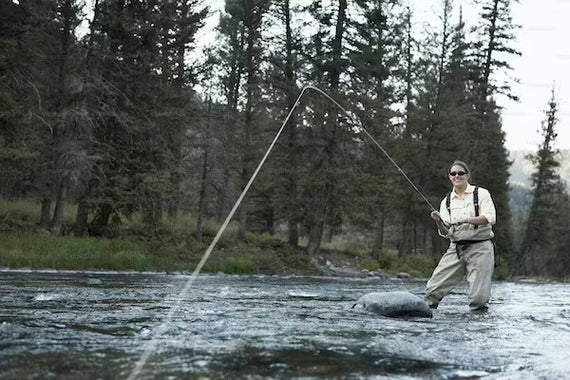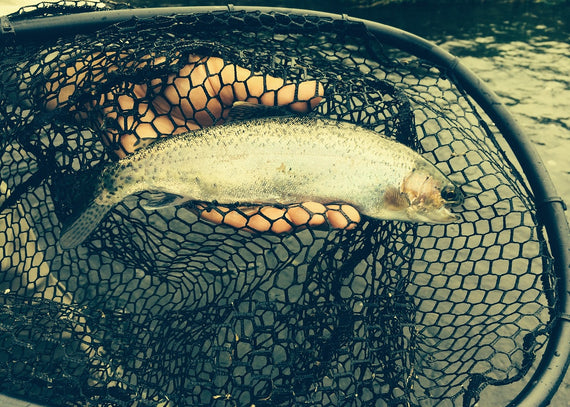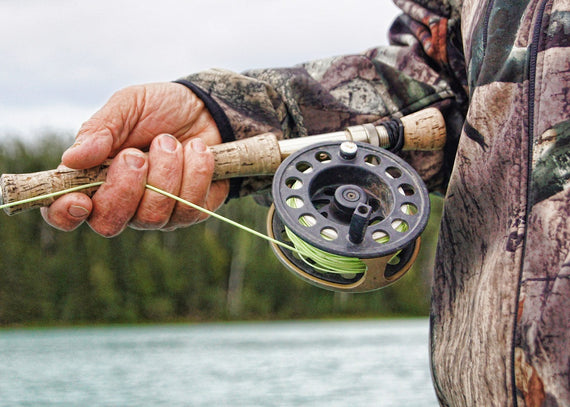Just like every other outdoor sport, fly fishing also has ethical and sustainable practices that every angler should adopt. Sustainability and conservation should be the top priority of fishermen. In this blog, we are going to cover all the necessary advice to make sure that your adventures not only make you happy but also help to protect the environment. Read on to learn how you can practice ethical and sustainable fly fishing.
Nets for Fishing:
Make the right equipment selection to start your ethical fishing adventure. Choose fishing nets with silicone-coated, rubberized, or knotless mesh. Fishes would be less stressed and less likely to get hurt by these materials. Also, nets with long handles would enable you to land fish safely and without needless handling.
Sustainable Waders and Wader Boots:
Invest in sustainable waders and wader boots. To ensure a minimal impact on aquatic ecosystems, look for options made of eco-friendly materials. Make sure that the waders and wading boots are made up of waterproof materials and are of high quality.
Best Practices for Catch-and-Release
Handling with Care:
Wet your hands before netting and handling fish. This reduces the amount of the fish's protective slime layer. Steer clear of over-squeezing the fish and provide it with even support. This lowers tension and lowers the chance of harm, which helps catch-and-release techniques work.
Quick and Efficient Release:
Keep a fish in the water as little as possible. Have your pliers or forceps ready to go so you can quickly take the hook off. If the fish is exhausted, give it time to recover before releasing it.
Respectful Fishing Practices to Follow
Leave No Trace:
Adopt the "Leave No Trace" philosophy into practice when fishing. Steer clear of delicate plants and take care not to damage aquatic environments. To reduce disturbances to nesting sites and breeding grounds, stick to fixed trails and pathways.
Proper Waste Disposal:
Leaders, fishing lines, and other waste should be disposed of appropriately after the activity. Not disposing can cause a lot of harm to the local animals and fish. Utilize designated disposal bins or recycling facilities.
Conclusion:
By integrating ethical and conservation-forward practices into our angling pursuits, we can ensure the preservation of aquatic habitats and the longevity of fish populations. From choosing sustainable gear like nets for fishing and eco-friendly waders to promoting catch-and-release best practices, each action contributes to the delicate balance of nature.



 loading="lazy"
loading="lazy"
 loading="lazy"
loading="lazy"
 loading="lazy"
loading="lazy"